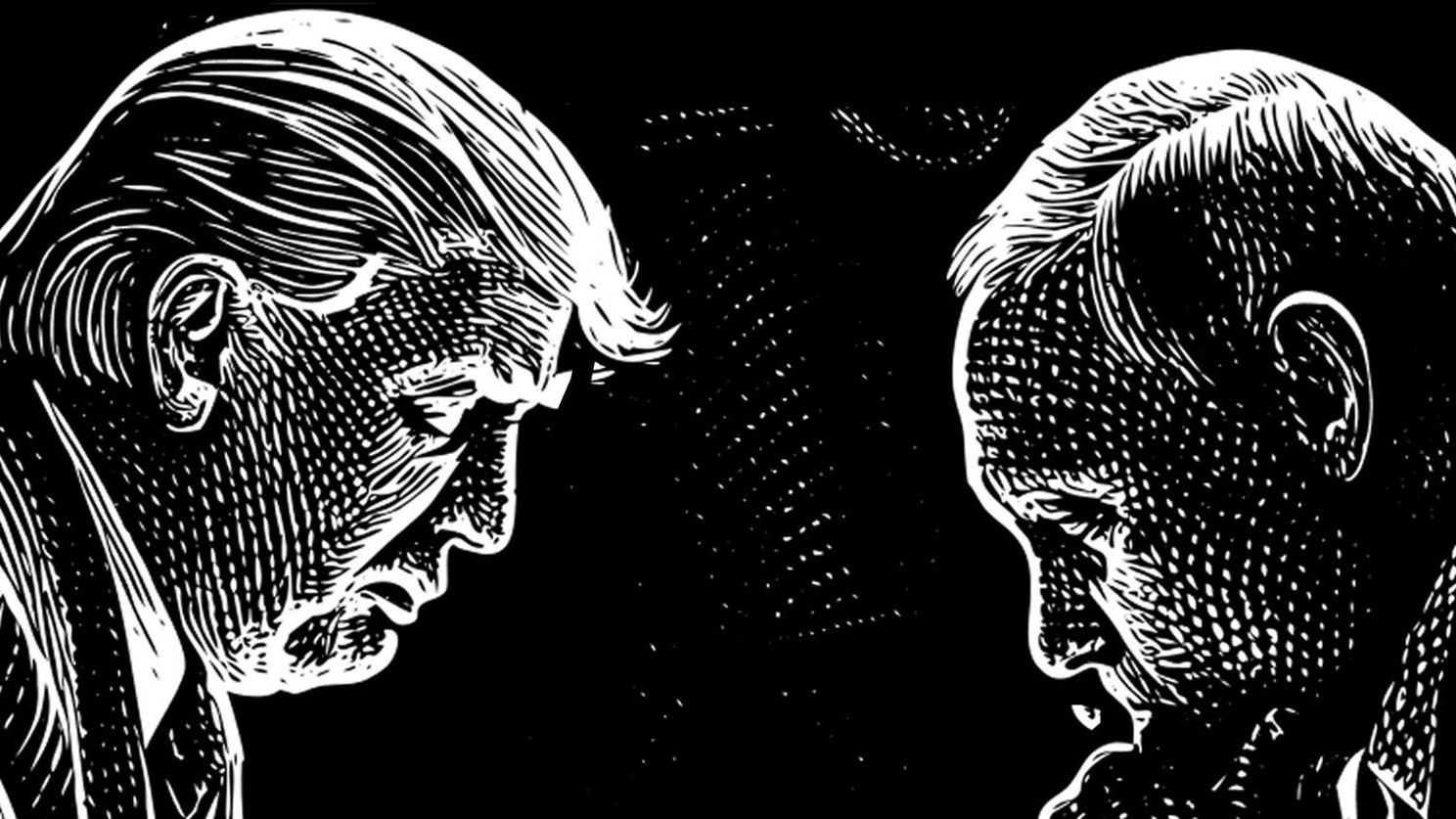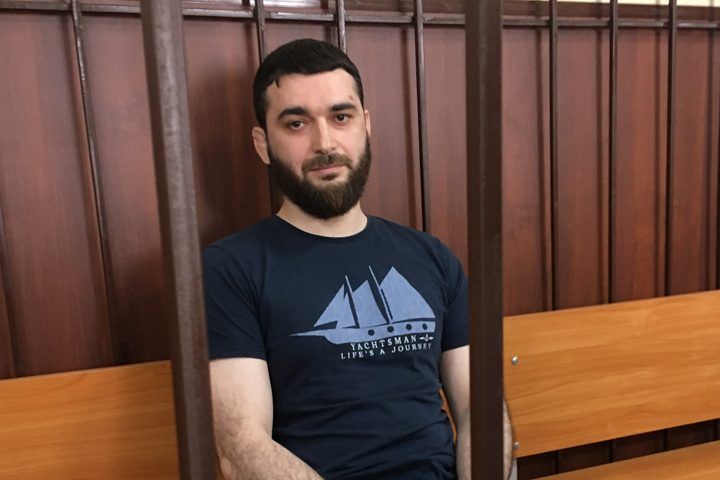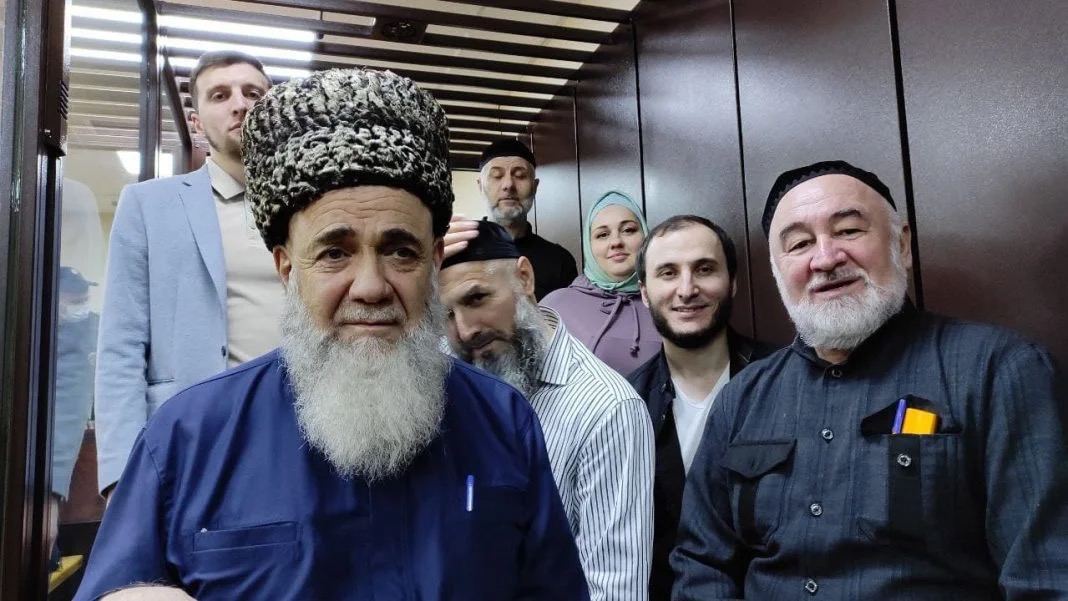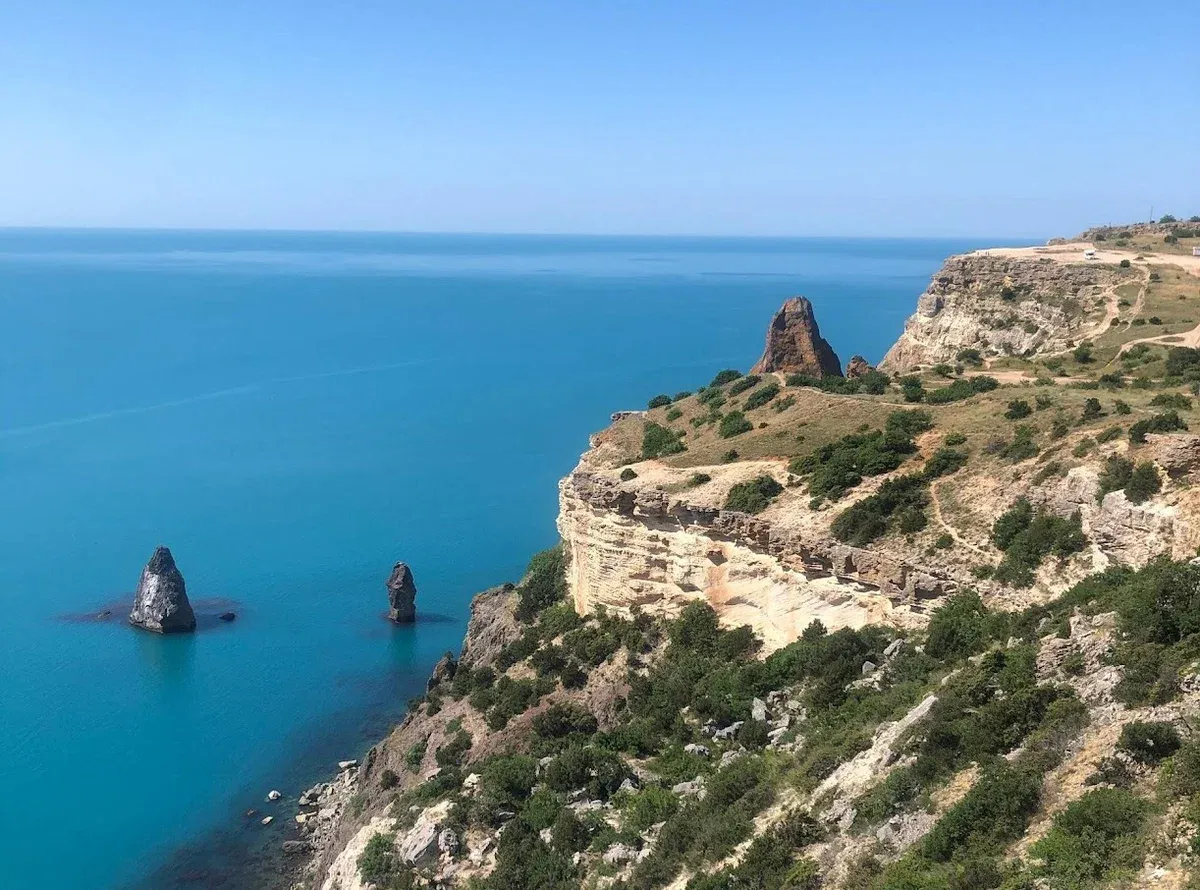This material is available in other languages:
ru
23 Oct 2024
The European Court of Human Rights (ECHR) Awards Compensation to Memorial and 105 Other Russian Applicants
The Court has once again ruled that the "foreign agent" law violates the European Convention on Human Rights.
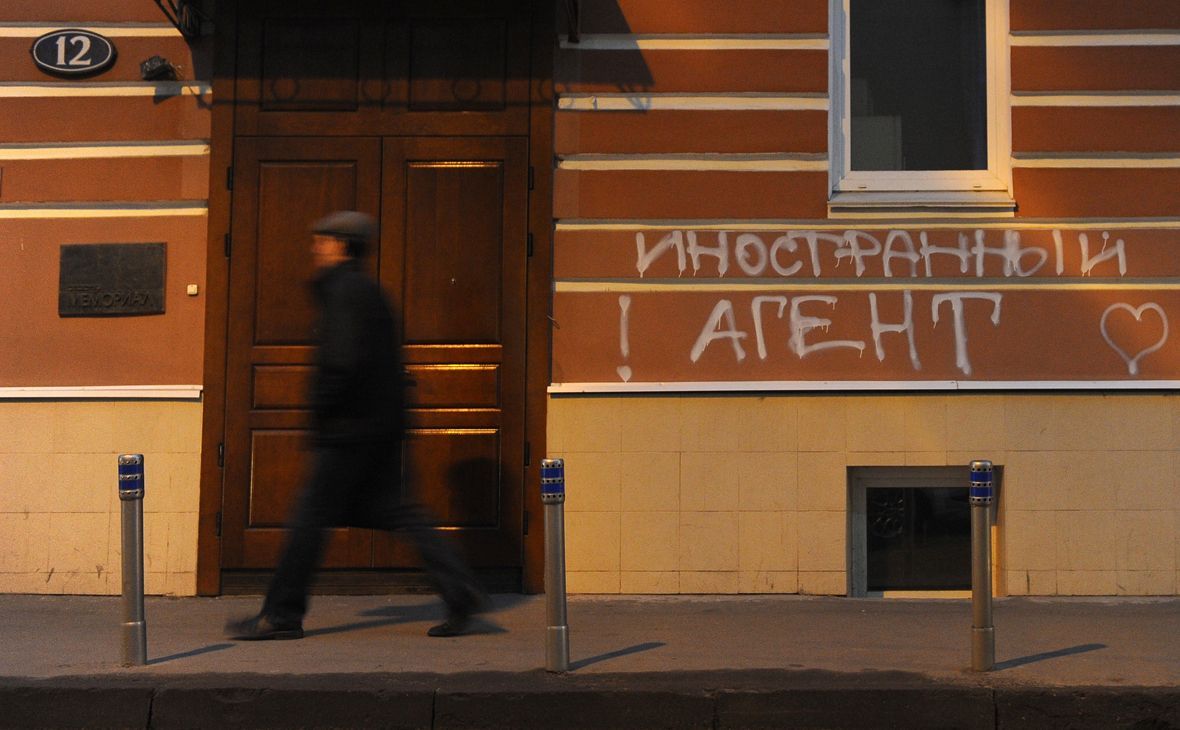
Photo Credit: Sergey Karpov / TASS
Table of contents
- Legislation on "Foreign Agents"
- Cases of the "Memorial Human Rights Center" and "International Memorial"
- ECHR Ruling
On October 22, 2024, the European Court of Human Rights (ECHR) issued a ruling on the case involving 107 organizations and individuals labeled as "foreign agents," including complaints filed by HRC "Memorial" and "International Memorial" through their legal team. The Court determined that the "foreign agent" law violates Articles 11, 10, and 8 of the European Convention on Human Rights—pertaining to the freedom of association, freedom of expression, and the right to respect for private and family life.
The ECHR consolidated complaints from Russian NGOs and individuals—including journalists, environmentalists, political scientists, content creators, election observers, and human rights activists—who were designated as "foreign agents" by the Russian Ministry of Justice. The Court awarded HRC "Memorial" €87,364 and "International Memorial" €127,740 in compensation.
Legislation on "Foreign Agents"
OverviewIn 2012, Russian authorities amended the law on non-profit organizations, introducing what became known as the "foreign agents" law. These amendments required Russian NGOs receiving foreign funding to register as "foreign agents" under threat of administrative and criminal penalties.
The law mandates that such organizations label their publications, disclose information about their activities online, and adhere to stricter accounting and reporting requirements. In 2022, the European Court of Human Rights (ECHR) ruled that these amendments violated the Convention (in the case of "Ecodefence and Others v. Russia").
Expansion of the LawIn 2017, the law was expanded to include media outlets as potential "foreign agents." Later, it was extended to individual journalists, bloggers, content creators, and public figures. In 2020, the definition of "political activity," a key criterion for being labeled a "foreign agent," was deliberately broadened to encompass virtually any activity.
In 2022, further amendments made the law even more expansive and punitive. These changes defined "foreign agents" in even broader terms, covering any organization or individual under "foreign influence." This vague definition allowed authorities to arbitrarily designate anyone as a "foreign agent."
Restrictions and Penalties"Foreign agents" are barred from holding government positions, participating in electoral processes, receiving state support or grants, teaching, or creating content for minors. The law also prohibits advertisements in media products produced by "foreign agents."
The requirements for labeling "foreign agents" have become stricter. They are now obligated to label social media posts, websites, and all forms of communication, including legal documents submitted to courts.
Repeated violations of labeling requirements lead to progressively higher fines. The harshest penalty, dissolution, has been imposed on several organizations including the 'International Memorial' and the 'Memorial Human Rights Center’.'
Cases of the "Memorial Human Rights Center" and "International Memorial"
In October 2020, the lawyers of the "Memorial Human Rights Center" filed a complaint with the European Court of Human Rights (ECHR) on behalf of the "International Memorial" and its chairman, Yan Rachinsky. A similar complaint was filed in December on behalf of the "Memorial Human Rights Center" and its chairman, Alexander Cherkasov.
The complaints argued that the fines imposed under the NGO "foreign agents" law and the subsequent dissolution of these organizations violated rights guaranteed by the following articles of the European Convention on Human Rights:
- Freedom of expression (Article 10)
- Freedom of association (Article 11)
- Prohibition of discrimination (Article 14)
- Limitation of rights (Article 18)
The "Memorial Human Rights Center" was added to the Ministry of Justice’s "foreign agents" list in 2014, and the "International Memorial" followed in 2016. Since then, all materials published or disseminated by these organizations were required to carry the "foreign agent" label. However, neither the law nor related regulations clearly define what constitutes "published or disseminated material." Failure to include the label resulted in fines ranging from 300,000 to 500,000 rubles for the organization and 100,000 to 300,000 rubles for its leadership.
In the summer of 2019, the FSB of the Republic of Ingushetia identified several websites and social media pages of the "Memorial Human Rights Center" and "International Memorial" that lacked the required "foreign agent" labeling. At the time, the so-called "Ingush case" was gaining traction, and the "Memorial Human Rights Center" provided legal and informational support to those detained during a rally in Magas on March 26–27, 2019.
Additionally, in cases handled by the "Memorial Human Rights Center" at the ECHR, Russia was ordered to pay over one million euros in damages to victims, particularly for the actions of law enforcement in Ingushetia.
The FSB Directorate for Ingushetia notified Roskomnadzor of the lack of proper labeling on materials published by the Human Rights Center (HRC) "Memorial" and "International Memorial." Additionally, several "vigilant citizens" filed further complaints. As a result, in the fall of 2019, HRC "Memorial" and Alexander Cherkasov faced four charges each for violations of the foreign agent legislation (Part 2, Article 19.34 of the Administrative Offenses Code). "International Memorial" and Yan Rachinsky faced ten charges each.
All cases were reviewed in the Tverskoy District Court, with nearly every hearing resulting in fines. The Moscow City Court upheld these rulings. In total, HRC "Memorial" and Alexander Cherkasov paid 1,600,000 rubles, while "International Memorial" and Yan Rachinsky paid 3,700,000 rubles. All funds were raised through crowdfunding efforts.
ECHR Ruling
The European Court of Human Rights (ECHR) found that Russian legislation:
- Stigmatizes “foreign agents”: Public opinion surveys show that most people associate the term "foreign agent" with "traitors," "spies," or "enemies of the people."
- Misleads: Any form of support—financing, consultations, or guidance—is treated by the law as equivalent to foreign control.
- Is applied too broadly and unpredictably.
The Court believes the purpose of the "foreign agent" laws is not to address transparency issues or national security concerns, but to punish and intimidate.
Assigning the status of “foreign agent” to an organization or individual significantly hinders their activities. Specifically, “foreign agents”:
- Are required to label all their publications with a notice declaring their status;
- Are excluded from all electoral processes;
- Face restrictions on pedagogical activities and have no access to young audiences;
- Are deprived of income from private advertisers;
- Are subject to disproportionate sanctions, including arbitrary fines and the dissolution of organizations.
Such restrictions create an atmosphere of suspicion and distrust toward independent voices, undermining the foundations of democratic society.
The Court also noted that the obligation to publish personal data of applicants and provide frequent and detailed reports on income and expenses has only one goal—to overload applicants with work and intimidate them.
The mention of 'foreign agents' first appeared in legislation in 2012. Since then, the scope of these laws has become significantly more restrictive. They now affect a much larger number of NGOs, media organizations, and individuals, increasingly deviating from the standards of the Convention.
The ECHR awarded €20,000 in compensation and €67,364 for material damage in the case "Memorial Human Rights Center and Alexander Cherkasov v. Russia."
In the case "International Memorial and Yan Rachinsky v. Russia," the court awarded €20,000 in compensation, €49,740 for material damage, and €58,000 for legal costs and expenses.
The ECHR recognized the dissolution of Memorial Human Rights Center and International Memorial as a violation of the Convention. The Court noted that this was an excessively harsh measure for formal violations.
There were two formal reasons for the dissolution: first, the lack of labeling of internet resources at a time when such labeling was not yet mandatory, and second, the lack of labeling of a single book at a book fair.
The decision to dissolve two of the oldest human rights NGOs in Russia jeopardized the long-term work of these organizations. The ECHR considers that, given the lack of proven serious violations, this decision was unjustified.
Memorial also argued that, in violation of Articles 14 and 18 of the Convention, the persecution of organizations had a discriminatory nature—only those who criticized the authorities and received foreign funding were punished—and pursued a hidden agenda to punish such criticism. Unfortunately, the Court disregarded these arguments.

Zhargal Budaev
Lawyer at Memorial Center
"In this ruling, the ECHR reaffirmed the conclusions it reached two and a half years ago in the 'Ecodefence' case. Fortunately, this time the Court didn’t need 9 years for that. The same law, which has increasingly spiraled out of control over time, leads to the same violations, but on an even more destructive scale. For us, the persecution of 'foreign agents' has become routine, and it is unlikely that the ECHR’s ruling will change anything in the near future. However, even under these circumstances, the European Court’s conclusions have significant symbolic and historical value."

